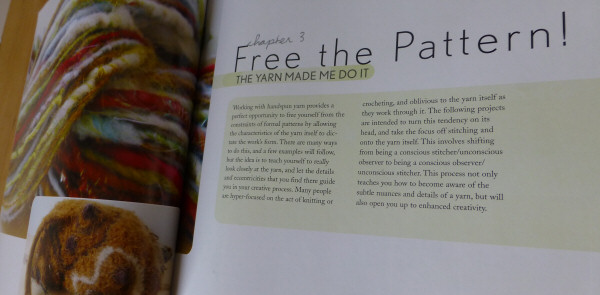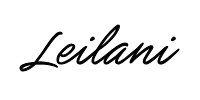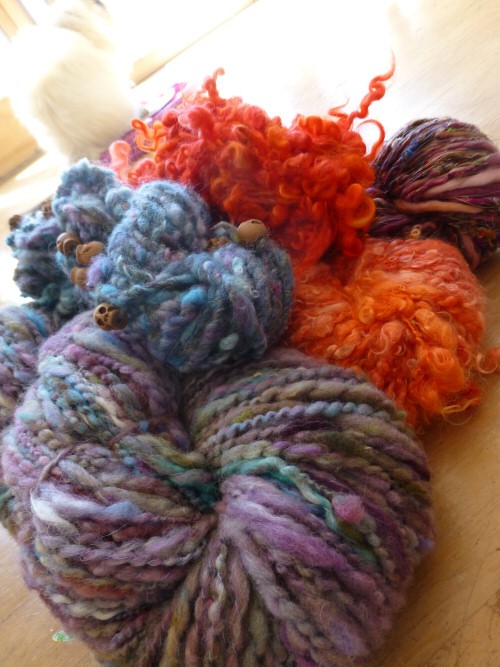
The other day I was flipping through my copy of Intertwined: The Art of Handspun Yarn, Modern Patterns, and Creative Spinning by Lexi Boeger and the intro to chapter 3 reminded me why I spin.
Free the Pattern
The Yarn made me do it.
“Working with handspun yarn provides a perfect opportunity to free yourself from the constraints of formal patterns by allowing the characteristics of the yarn itself to dictate the work’s form. There are many ways to do this, and a few examples will follow, but the idea to teach yourself to really look closely at the yarn, and let the details and eccentricities that you find there guide you in your creative process. Many people are hyper-focused on the act of knitting or crocheting, and oblivious to the yarn itself as they work through it.” 1
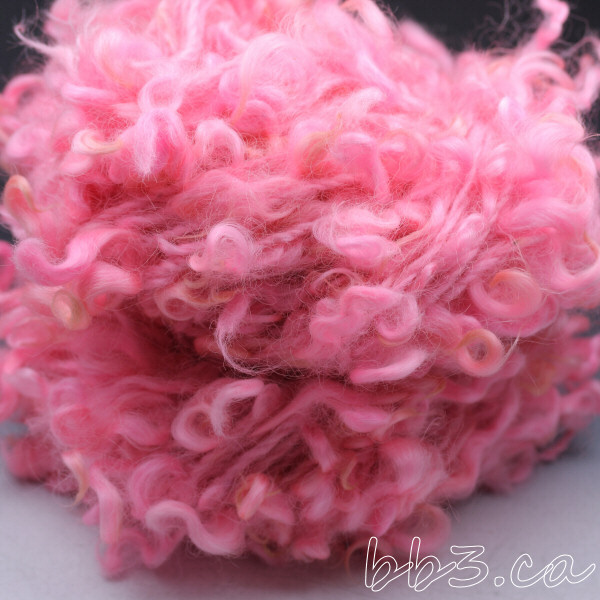
I’ve been in a bit of a spinning & knitting slump as of late which I find happens when my days are more consumed with jewelry making or fleece processing. This quote reminded me why I got into making yarn in the first place. It’s easy to get into concentrating on technique only, esp. when you are out of practice. But for me that takes away from the joy of spinning. I’m a throw-caution-to-the-wind kind of spinner. I’ve come up with the best skeins this way. They are in no way reproducible, but isn’t that why we love handspun anyway, the uniqueness of each skein?
I really enjoy Lexi’s book as she is about pushing the envelope as to what we think of when

we think of handspun yarn. I don’t tend to click with many spinners I meet since their goal many times is to get the thinnest and/or most even yarn usually for a particular pattern or project. I would much rather let the fiber take me on the journey and then decide after it is spun what it would like to become. It usually takes me several attempts to make something out of a skein of yarn because it doesn’t always want to do what I want it to. I find a pretty pattern in one of my books, and convince myself that this particular handspun will do the trick. Most of the time, I am wrong. Instead, I have had to train myself to look at the yarn and decide from its feel what it should become. I do look at patterns for inspiration, but most of the time, knitting (or crocheting) just spontaneously happens.
If you think that a jewelry maker making the jump to spinning yarn is odd, here is where the parallels are drawn. When I make jewelry, I like to sit down with a component – such as a gemstone bead – and let it develop into a piece. Sure I have a sketch book with designs and this is more useful for the engravable jewelry. Even then do the designs rarely look like what is in the book. I like to let it develop as I go. Much like mixing different colors of fiber for spinning, I like to take beads and metals to find a harmonious blend. It’s painting, only on a 3-dimensional level to produce a tangible product or textile. To me spinning is the perfect compliment to jewelry making – not to mention the ultimate mash-up: spinning beads into my yarn (I also got tired of boring plastic and rubber stitch markers too so I make my own – that I call knitting bling). 🙂
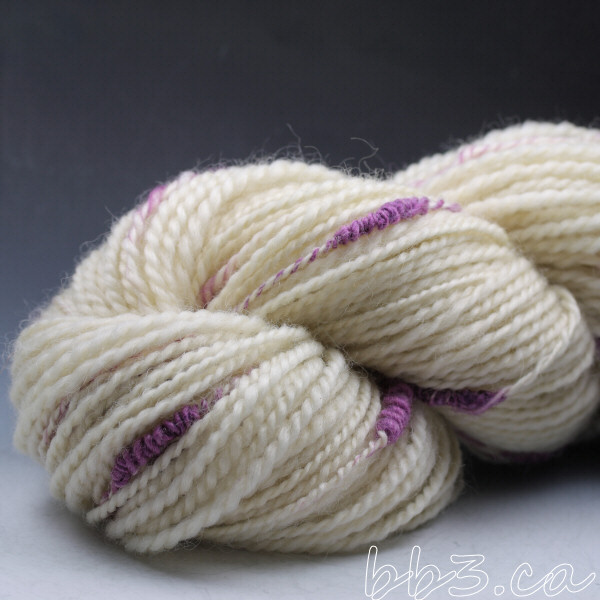
When I started spinning I just went for it. The opportunity arose where I could buy a wheel and I seized it. It made absolutely no sense at the time, but I am so glad I left logic on the shelf, and delved into spinning yarn. It is an absolute bliss for me, even with every ache and pain that goes along with it.

